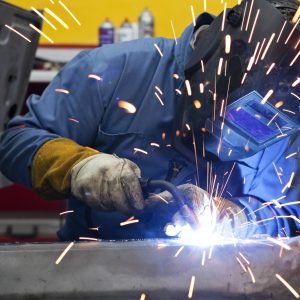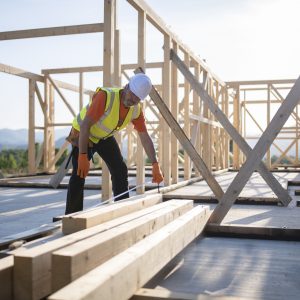Are you weighing up whether to get a formal qualification, but unsure what it will do for you?
Let’s unpack the different levels of certification in Australia and how they can benefit you.
Certificate I
This qualification can certify you for basic functional skills and knowledge to start in the workforce or further study.
Certificate II
A Certificate II is a great starting point if you’ve identified a career path and you’re eager to start working your way up the ranks. It provides the knowledge and skills required to adequately complete routine work.
Certificate III
Graduates of a Certificate III will have some theoretical knowledge and practical skills. You will show confidence in completing routine tasks and role-specific procedures, and have the capability to respond to new challenges and unforeseen issues. If you have developed a foundational skill set in your field, a Certificate III will certify these skills and equip you with the prerequisites to progress to a higher role.
Certificate IV
This level of qualification is aimed at developing factual and technical skills related to your field of work. Skilled workers who are seeking a broader range of specialised skills and knowledge can do so by completing a Certificate IV. This certification is generally best suited to individuals with a clear career path or area of interest.
Diploma
A Diploma qualifies an individual to work in a variety of contexts and provides greater competency in a specific area of knowledge. This level of qualification is highly beneficial for those looking to pursue a career in a certain field and will help to create a variety of opportunities within an industry.
Advanced Diploma
An Advanced Diploma supports individuals through the development of complex technical skills and in-depth knowledge. It will qualify you as a highly skilled worker with knowledge that is crucial to your role. This level of certification allows you to focus on certain subjects or areas, and develop the specialised skills to progress in your chosen field of work.
Diplomas and Advanced Diplomas can also help to prepare individuals for a higher level of education.
Tips for getting qualified
- You don’t always need to start with a Certificate I, some industries do not require a lower-level certification to gain entry to a higher one.
- If you’re already working in the field, the skills and experience you’ve developed can be used to fulfill the credits needed for a formal qualification.
- Before you commit to a qualification, do your research and review the jobs you want and the qualifications outlined in the job descriptions.
- If you’re unsure about which qualification you require to achieve your goals, make time to chat to a Skills Certified Australia team member.
- Does being qualified actually get you more jobs? You can learn more here.
If you’re working in the field, completing an apprenticeship or gradually gaining skills and confidence through work experience, you could be eligible for an RPL assessment. RPL can help you gain the qualification you need to kick your career goals.
To get started, take our free skills test and find out if you’re eligible for RPL.
















